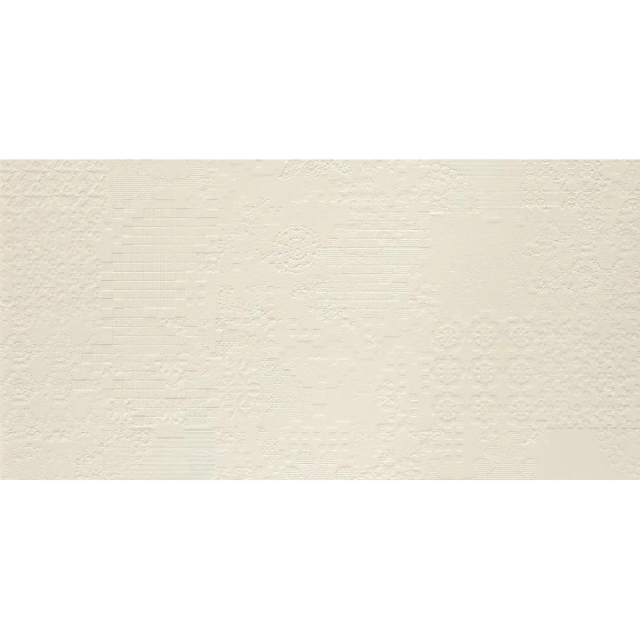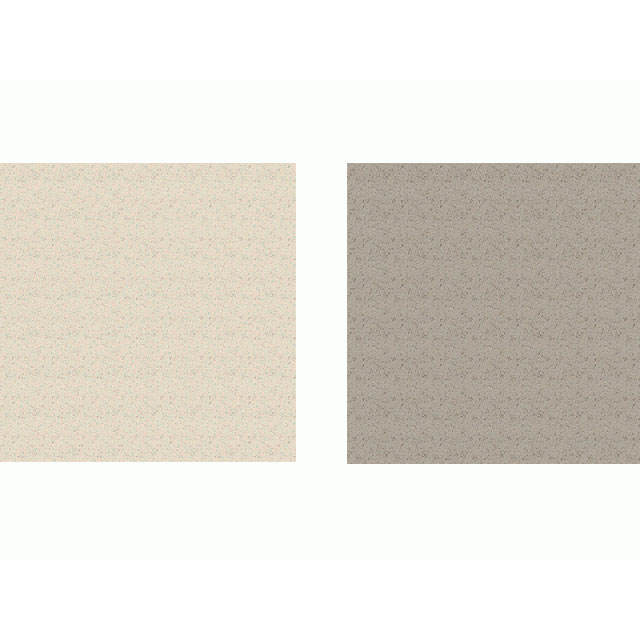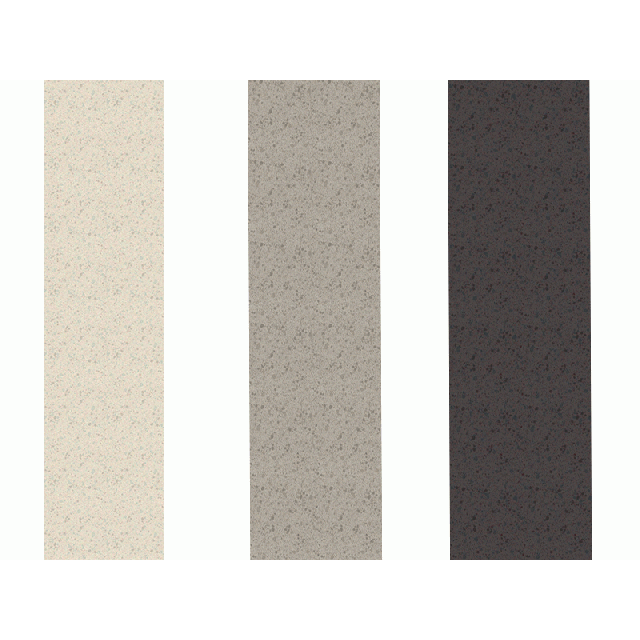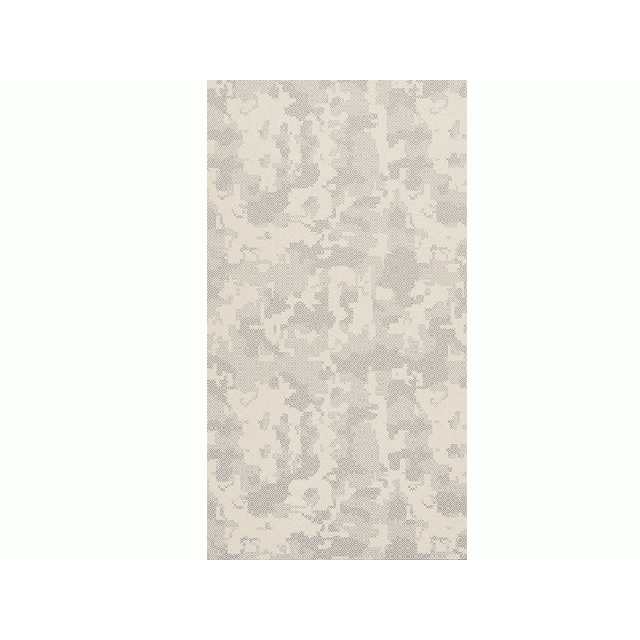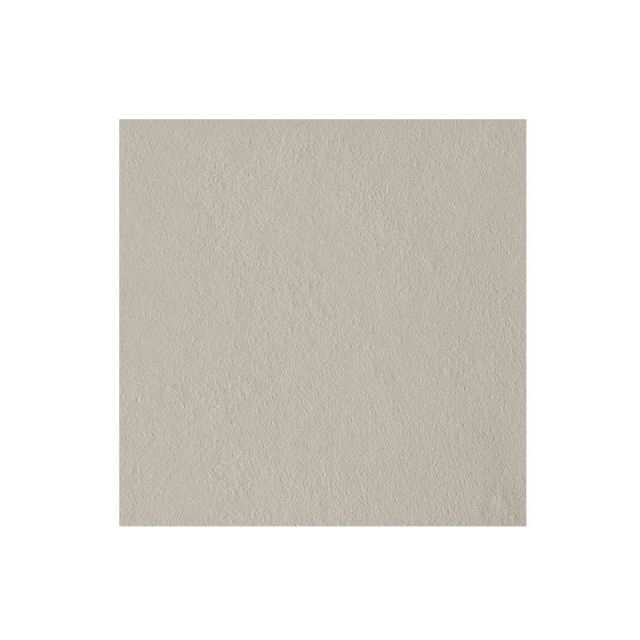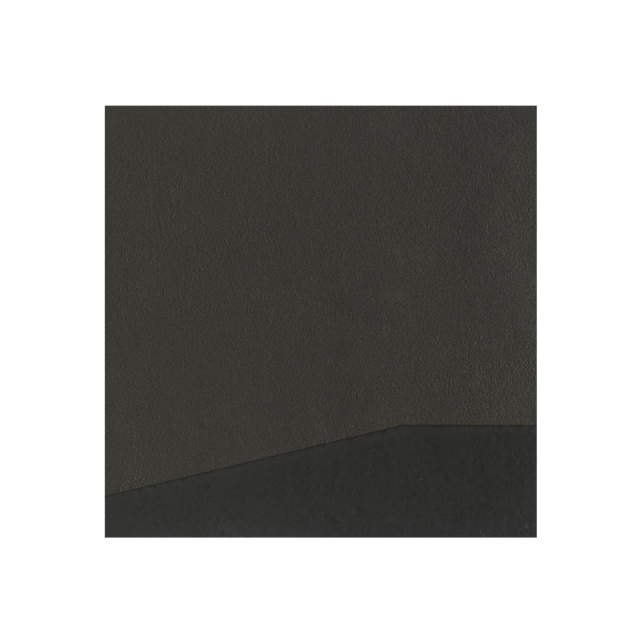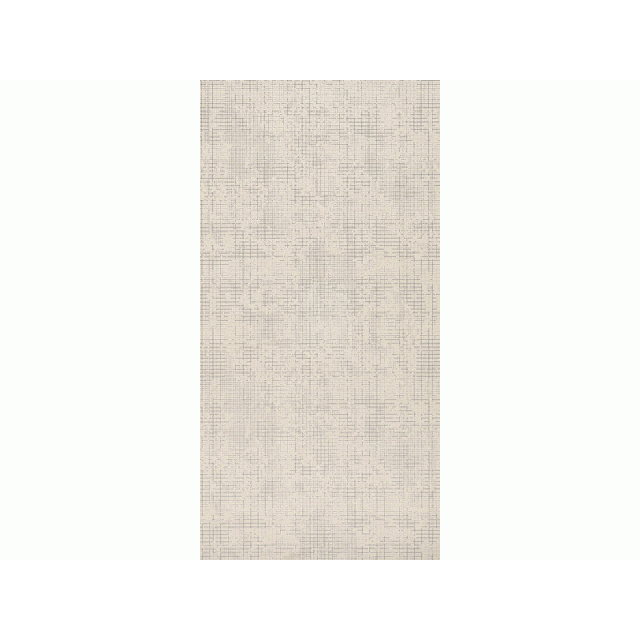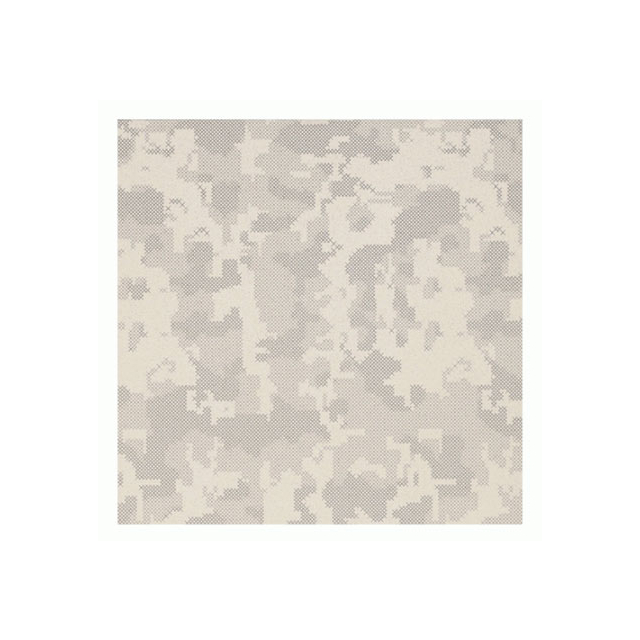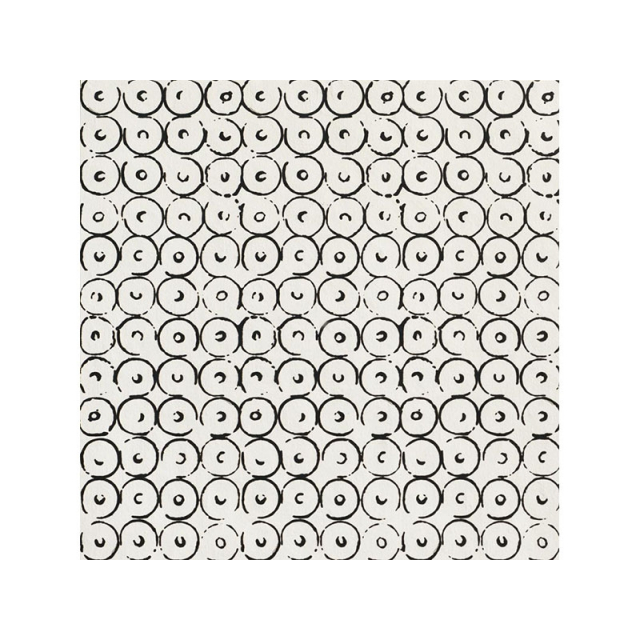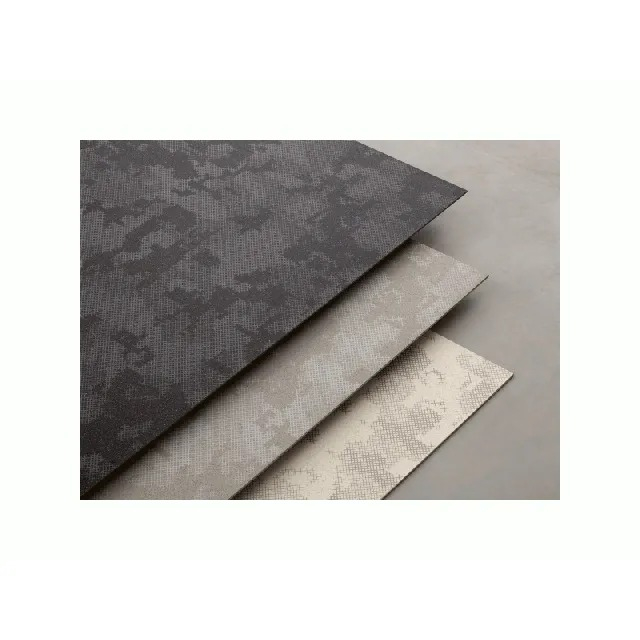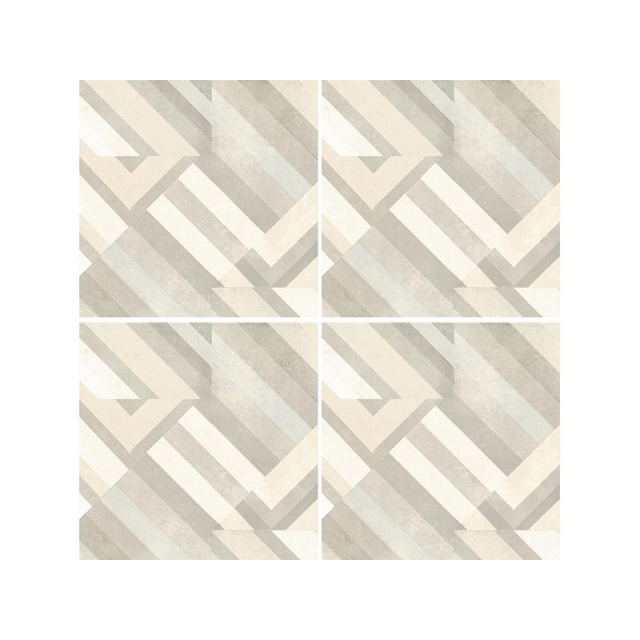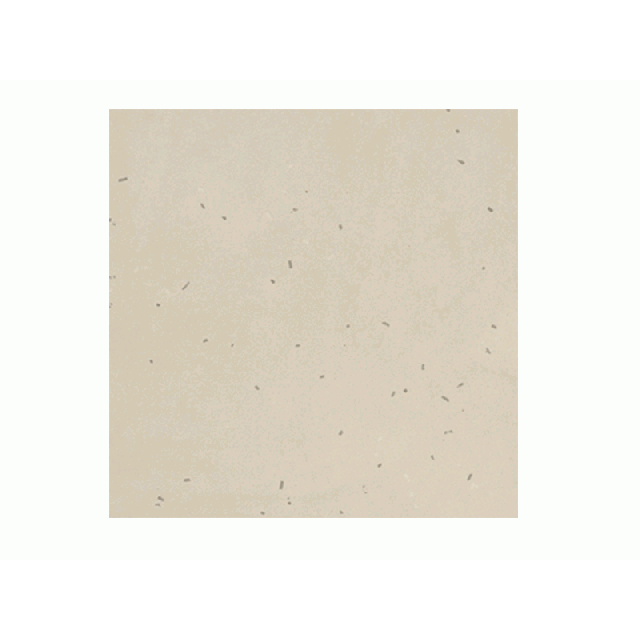Mutina: Creative Expression in the World of Surfaces
Mutina Ceramiche, a young company, but with more than forty years of history in ceramic manufacturing. Founded in 1973, near Castellarano (RE), it undertook the production of tiles and special pieces for floors and walls made of double-fired tiles.
Richard McClintock, a Latin scholar from Hampden-Sydney College, is credited with discovering the source behind the ubiquitous filler text. In seeing a sample of lorem ipsum, his interest was piqued by consectetur—a genuine, albeit rare, Latin word. Consulting a Latin dictionary led McClintock to a passage from De Finibus Bonorum et Malorum (“On the Extremes of Good and Evil”), a first-century B.C. text from the Roman philosopher Cicero.
- 12
- 24
- 36
Diversity in approach
An articulated project and constantly work in progress, with a dual soul, linked both to the quality of craftsmanship for products that maintain the trace of human intervention, and to the surprising possibilities of industrial production for high-tech collections.
Various production lines
Multiple formats of the lines in production, from the largest 120x120 to the smallest 0.9x0.9 mosaic, divided into floor, wall and mosaic products, all of which can be coordinated with each other.
Prestigious collaborations
Since 2008 it has been forging collaborations with well-known designers present on the international scene, providing consultancy and exploring new territories of materials research. Patricia Urquiola and Tokujin Yoshioka, Yael Mer and Shay Alkalay of Row Edges, Rodolfo Dordoni, Ronan and Erwan Bourollec, Edward Baeber and Jay Osgerby, Inga Sempé and Konstantin Grcic, Laboratorio Avallone, Silvia Giacobazzi, Bendini Associati, and Monica Armani. A close-knit team who share the same passions in their work: art, good design, architecture, product approach and a unique vision of life, looking at innovation without forgetting the culture of tradition. Their work is the result of tireless research to test which craft or industrial techniques are best suited to produce ceramic floor and wall tiles and provide architecture with a second skin. That is why Mutina ceramics have become the preferred choice for public and private spaces, from contemporary home interiors to designer hotels, fashion showrooms, trendy restaurants, prestigious universities, such as Luigi Bocconi, and great temples of art such as the Tate Modern, in Europe and around the world.
Interior customization
Mutina's strength, then, is to offer an articulate and flexible design to dress and personalize interiors.
Ceramics as design objects
It has a new way of looking at ceramics: no longer tiles, but interior design objects. Mutina is an artistic project that combines technology, craftsmanship, experimentation and research to push the boundaries of the material itself and create a high-quality product.
Philosophy of the project
If today true creativity lies in being able to mix different experiences and styles, in Mutina's case the association of materials of different origins and the fusion of tradition and innovation represent the project's main philosophy and value.
Bruno Munari's inspiration
"We started from the statement of Bruno Munari, one of the fathers of Italian design and a keen observer of everyday reality. There should be no art detached from life: beautiful things to look at and ugly things to use. In every project we observe Dieter Rams' ten commandments of good design: 1. Good design is innovative; 2. Good design makes a product useful; 3. Good design is aesthetic; 4. Good design makes a product easily understandable; 5. Good design is unobtrusive; 6. Good design is honest; 7. Good design is durable; 8. Good design is thoughtful down to the smallest detail; 9. Good design is environmentally friendly; 10. ''Good design is the art of the infinitely small.'' says CEO, Massimo Orsini, who took over Mutina in late 2005 to experiment with ceramics and bring it to be a material loved by the world's greatest designers.

